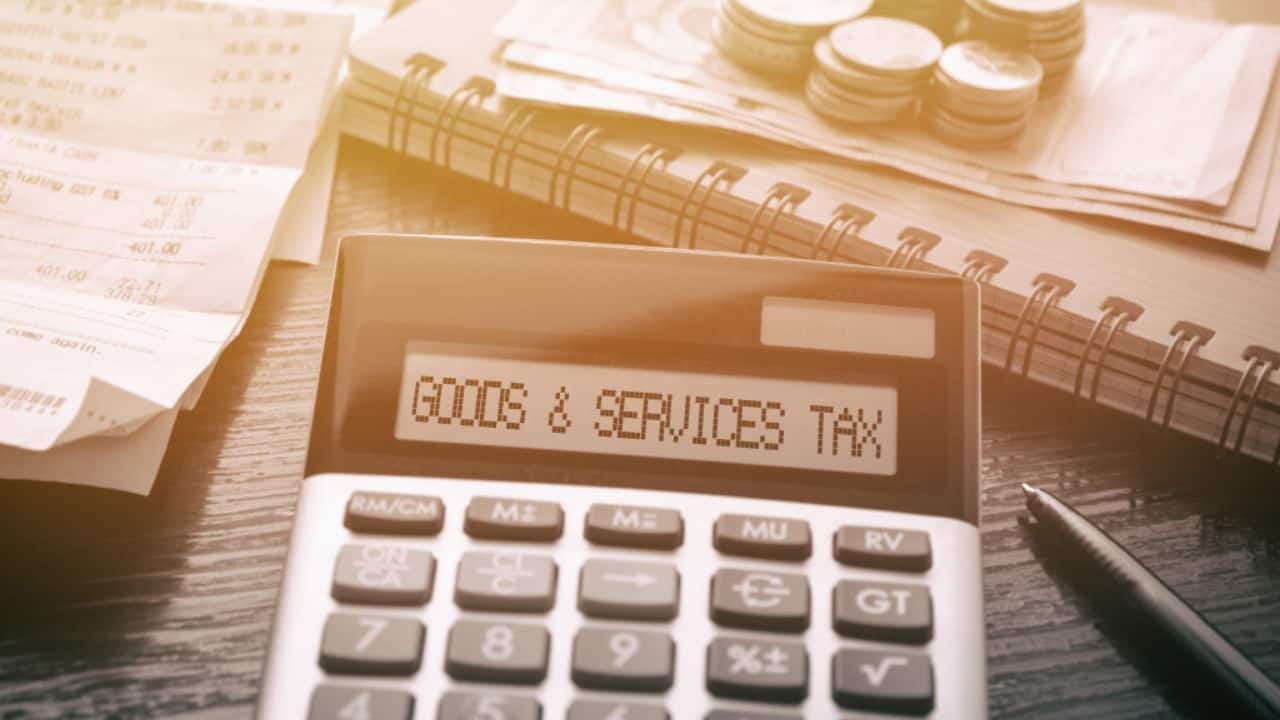
GST evasion in India climbs to ₹2.01L crore in FY24
What's the story
Goods and Services Tax (GST) evasion in India has seen a significant surge, reaching ₹2.01 lakh crore for the fiscal year 2023-24. This figure is nearly double the amount from the previous financial year, which stood at ₹1.01 lakh crore, according to data released by the Directorate General of GST Intelligence (DGGI). The rise in detected evasion underscores an escalating challenge in enforcing GST regulations across various sectors.
Sector analysis
Online gaming, BFSI sectors most prone
The DGGI report found the online gaming and banking, financial services, and insurance (BFSI) sectors as the most susceptible to GST evasion. The online gaming sector alone accounted for ₹81,875 crore in evasion across 78 cases. Meanwhile, the BFSI sector saw ₹18,961 crore in 171 cases. Among goods-related categories, iron, copper scrap and alloys faced ₹16,806 crore in evasion while pan masala, cigarette, and beedi followed at ₹5,794 crore.
Geographic breakdown
Mumbai tops list for highest evasion detection
Mumbai emerged as the leading zone for GST evasion detection, with a total of ₹70,985 crore. Delhi followed at ₹18,313 crore, Pune at ₹17,328 crore, Gurugram at ₹15,502 crore and Hyderabad at ₹11,081 crore. Other sectors noted for significant evasion include, plywood timber and paper with 238 cases amounting to ₹1,196 crore, and electronic items with 23 cases and ₹1,165 crore in tax evasion.
Case increase
GST evasion cases rise in FY24
The DGGI report detailed an increase in GST evasion cases, with 6,084 instances recorded in FY24 compared to 4,872 cases the previous year. Voluntary payments made during these cases totaled ₹26,605 crore across 4,520 cases. This is a rise from ₹20,713 crore voluntarily paid in 3,683 cases during FY23. The types of evasion included non-payment of tax (46%), fake input tax credit (20%) and incorrect availment/non-reversal of ITC/blocked credit (19%).